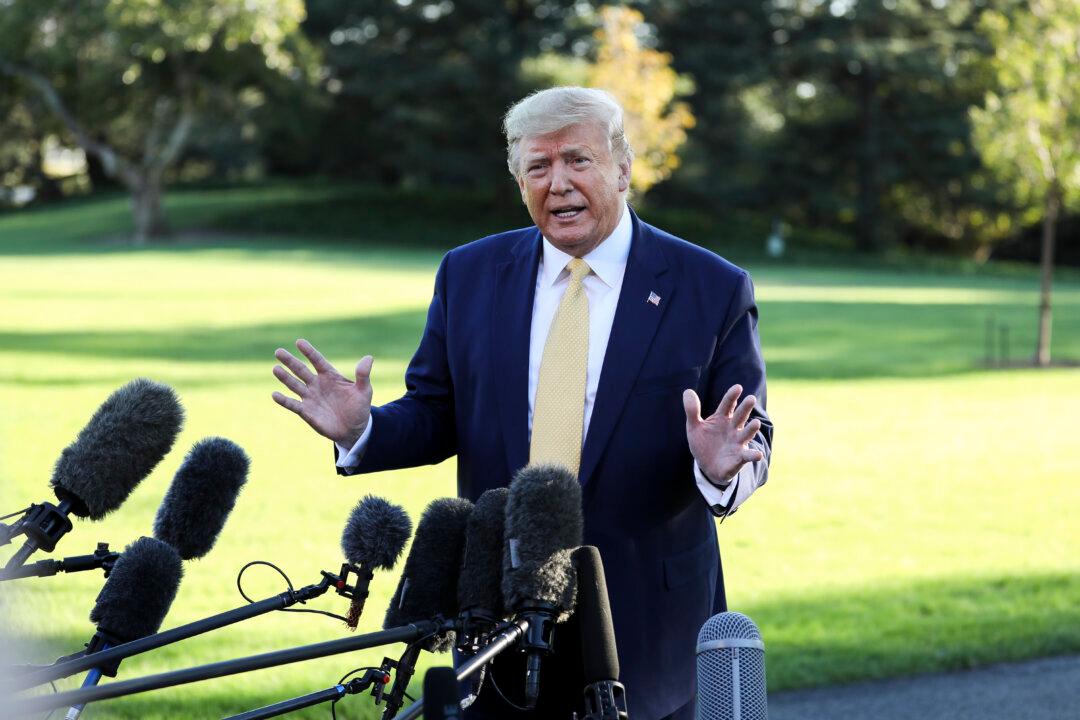President Donald Trump late Monday said that about 1,000 U.S. troops slated to leave Syria will redeploy and remain in the region to help prevent the revival of the ISIS terrorist group.
“United States troops coming out of Syria will now redeploy and remain in the region to monitor the situation and prevent a repeat of 2014, when the neglected threat of ISIS raged across Syria and Iraq,” Trump said in a statement.




